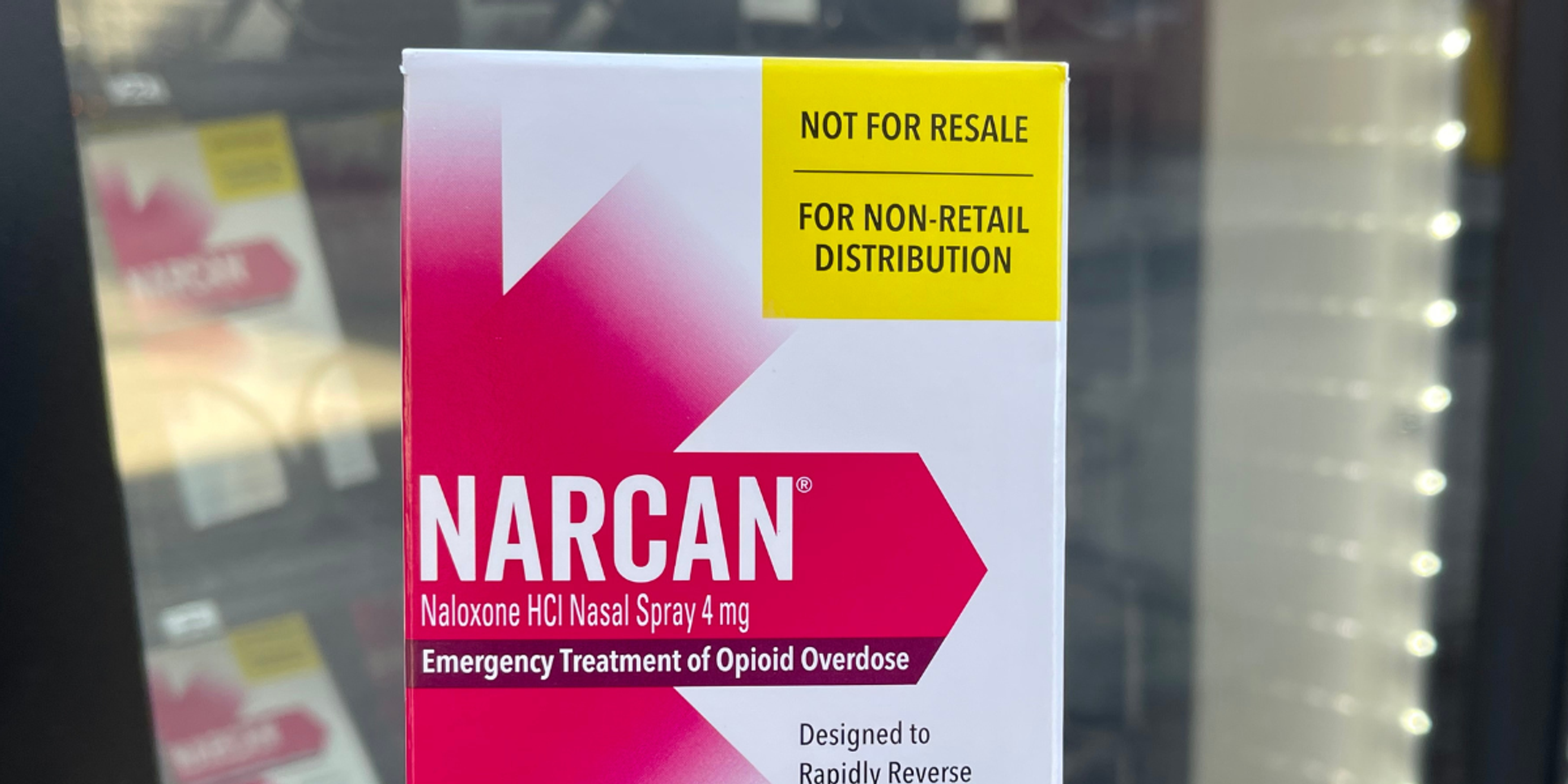Finding Help for Alcohol Use Disorder
Amy Barczy
| 3 min read
Amy Barczy is a former brand journalist who authored content at Blue Cross Blue Shield of Michigan. Prior to her time at Blue Cross from 2019-2024, she was a statewide news reporter for MLive.com. She has a decade of storytelling experience in local news media markets including Lansing, Grand Rapids, Holland, Ann Arbor and Port Huron.

Almost 20 million American adults struggle with a substance use disorder every day – and 75% of them are battling alcohol use disorder. Yet only a fraction of those people receive treatment for their alcohol use disorder; a pattern of drinking that involves the inability to limit consumption, being preoccupied with alcohol and continuing to drink despite associated problems. Most people who binge drink do not have a severe alcohol use disorder; however, a diagnosis of alcohol use disorder is based on issues that alcohol causes in an individual’s life. It’s important to address alcohol use disorder early with treatment. Alcohol abuse has significant lasting impacts on the body. Often, people with alcohol use disorder are more likely to seek help from a doctor for a medical problem that results from alcohol abuse instead of seeking help for drinking too much. The first step to treating alcohol use disorder is to stop drinking. For some people, abruptly stopping all use of alcohol could actually be dangerous to an their health – as severe withdrawal symptoms like seizures could occur. For individuals at a high risk of these kinds of symptoms, inpatient treatment in a professional setting may be necessary. If you need help with substance use disorder or other behavioral or mental health issues, there are many ways to connect.
Seeking Support
Blue Cross Blue Shield of Michigan and Blue Care Network can help members find an in-network substance use provider and mental health professional by calling behavioral health access lines listed below:
- PPO: Behavioral Health Access Line | 1-800-762-2382
- A free and confidential resource that’s just a call away when you need immediate support. Behavioral health professionals answer, 24/7.
- HMO: Behavioral Health Access Line | 1-800-482-5982
- Connect with a behavioral health clinician if you need help finding a mental health or substance use provider.
- Behavioral health clinicians are available for routine assistance from 8 a.m. to 5 p.m., Monday through Friday. For urgent concerns after hours, clinicians are also available 24 hours a day, seven days a week.
After undergoing a detox period, a person may go through more comprehensive treatment either in a residential program or in an outpatient program. Treatment may include behavioral therapy, family therapy, treatment for dual diagnosis or support group meetings. The stresses of the COVID-19 pandemic have exacerbated alcohol use disorder for many – and has heighted the importance of online resources as social distancing remains a priority at this time. There are now more programs and resources available online than ever for individuals to seek support.
Virtual Resources:
- Alcoholics Anonymous: Online support groups are available at http://aa-intergroup.org/
- Self-Management and Recovery Training (SMART) Recovery: A global community of mutual-support groups, forums including a chat room and message board at https://www.smartrecovery.org/community/ or try their 24/7 hotline at 1-855-979-8614
- LifeRing: LifeRing Secular Recovery offers online support with a healthy network of peers focused on remaining abstinent from drugs and alcohol at https://www.lifering.org/online-meetings
- In The Rooms - Online Recovery Meetings: Provides online support through live meetings and discussion groups at https://www.intherooms.com/home/
- SoberCity: Offers an online support and recovery community at https://www.soberocity.com/
- Sobergrid: Offers an online platform to help anyone get sober and stay sober at https://www.sobergrid.com/
- Soberistas: Provides a women-only international online recovery community at https://soberistas.com/
- Sober Recovery: Provides an online forum for those in recovery and their friends and family at https://www.soberrecovery.com/forums/
- We Connect Recovery: Provides daily online recovery groups for those with substance use and mental illness at https://www.weconnectrecovery.com/free-online-support-meetings
- Unity Recovery + WEconnect + Alano Club: Providing daily virtual meeting for those in recovery and for their family members at https://unityrecovery.org/digital-recovery-meetings
More from MIBluesPerspectives:
- How Alcohol Impairs the Sleep Cycle
- Short- and Long-Term Effects of Binge Drinking
- Has the Pandemic Changed Behavioral Health Care Delivery Forever?
Photo credit: NickyLloyd





